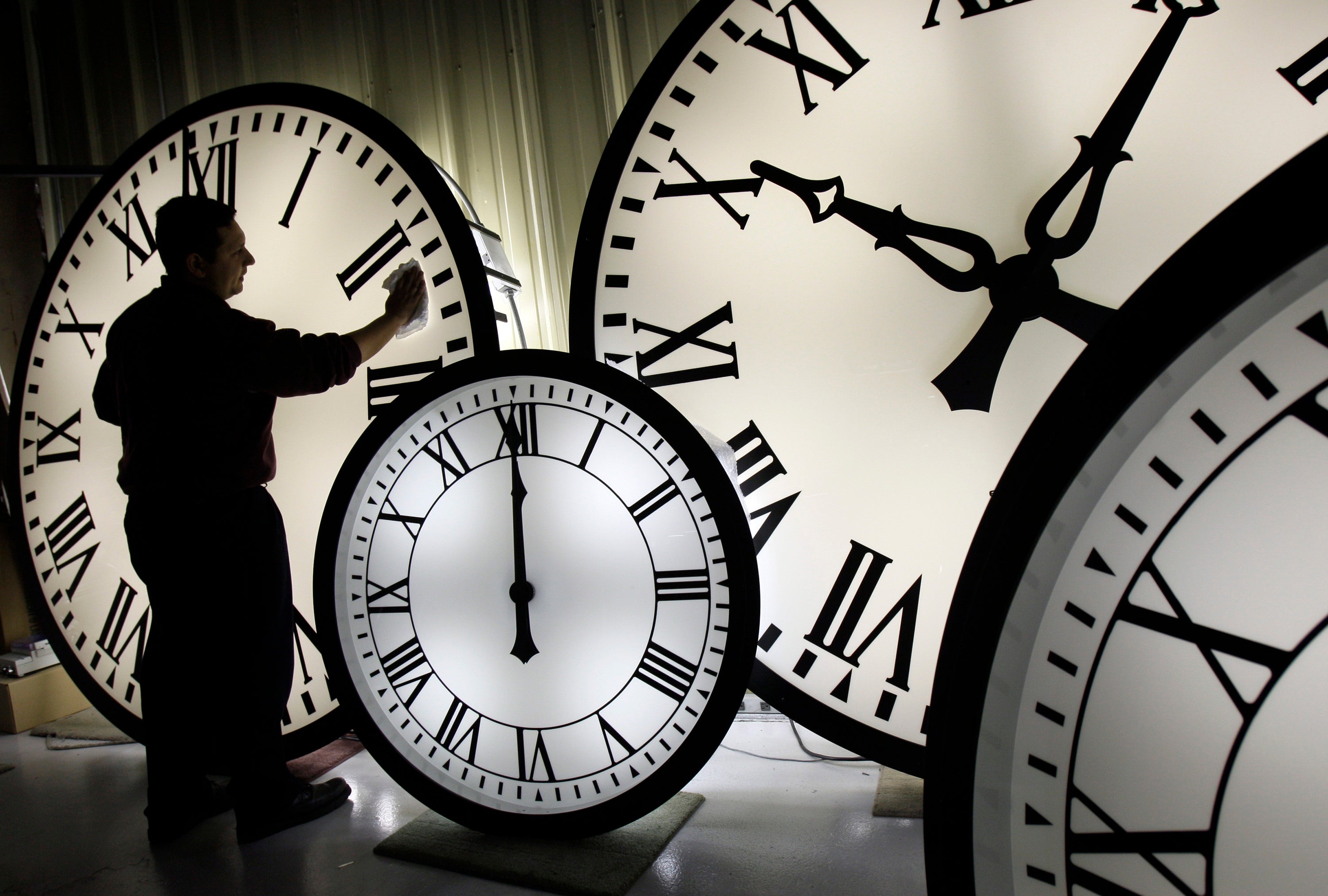Putting the clocks forward this weekend could ruin your health
The clocks are going forward – but what is that really doing to our bodies? James Moore investigates


Putting the clocks forward is a rite of spring. Yes, it means lighter evenings, but also losing an hour’s beauty sleep… oh, and an increased chance of a heart attack or stroke.
According to a team of Italian scientists, writing in the Journal of Clinical Medicine, daylight saving – losing an hour’s sleep and then having to reset all the clocks in the house, eating into even more of your precious Sunday morning – is linked with the incidence of acute myocardial infarction.
There’s more bad news for timepiece-botherers. A Finnish study found an increased likelihood of stroke, particularly in the first two days after the clocks change. Women are also more at risk than men, as were those aged over 65.
As for the malign effects of poor and/or disrupted sleep: obesity (with all the attendant health risks that go with it), poorer mental health, lower cognitive performance are all well established.
At this point, I imagine the judge would ask me if I’m finished with the case for the prosecution – but it’s not just me. The Royal Society for the Prevention of Accidents has also called for the UK to ditch daylight saving on repeated occasions, arguing that it can increase the risk of road accidents due to more people driving during dark autumn and winter evenings.
The Energy Journal has called into question the notion that changing the clocks helps us conserves energy these days. That was one of the main reasons for the more-or-less global adoption of the idea during the First World War.
It seems we have this discussion every time we change the clocks. And yet despite the fact that it is stupid, damaging, dangerous and bad for our health, we still do it.
Changing the clocks seems uniquely immune to reform. Why on earth do we persist with this thoroughly bad idea? I get that it will cause trouble for some people; those farming in the north of Scotland would be one example. But we have to think of the costs – heart attacks, strokes, insomnia and the rest – and weigh them against the perceived benefits.
Change isn’t easy – but you know what? We’d soon adapt. Humans are very adaptable creatures. It’s why we’re an evolutionary success. Okay, we could still muck it all up and we’re arguably well on the way. But that’s one for another day.
It is time we proved just how adaptable we can be by accepting this change, like they have in the EU, which has voted to ditch daylight saving. In 2018, the European Commission asked its citizens if they would like to stop moving the clock back and forward every six months… and 4.6 million people responded, in the most successful EU consultation ever undertaken. A whopping 84 per cent of respondents agreed with the proposal.
And why not? Better sleep, fewer heart attacks, fewer strokes, fewer accidents? Casting daylight saving into dustbin of history where it belongs would prove we haven’t entirely lost the capacity to be sensible.
Join our commenting forum
Join thought-provoking conversations, follow other Independent readers and see their replies
Comments
Bookmark popover
Removed from bookmarks